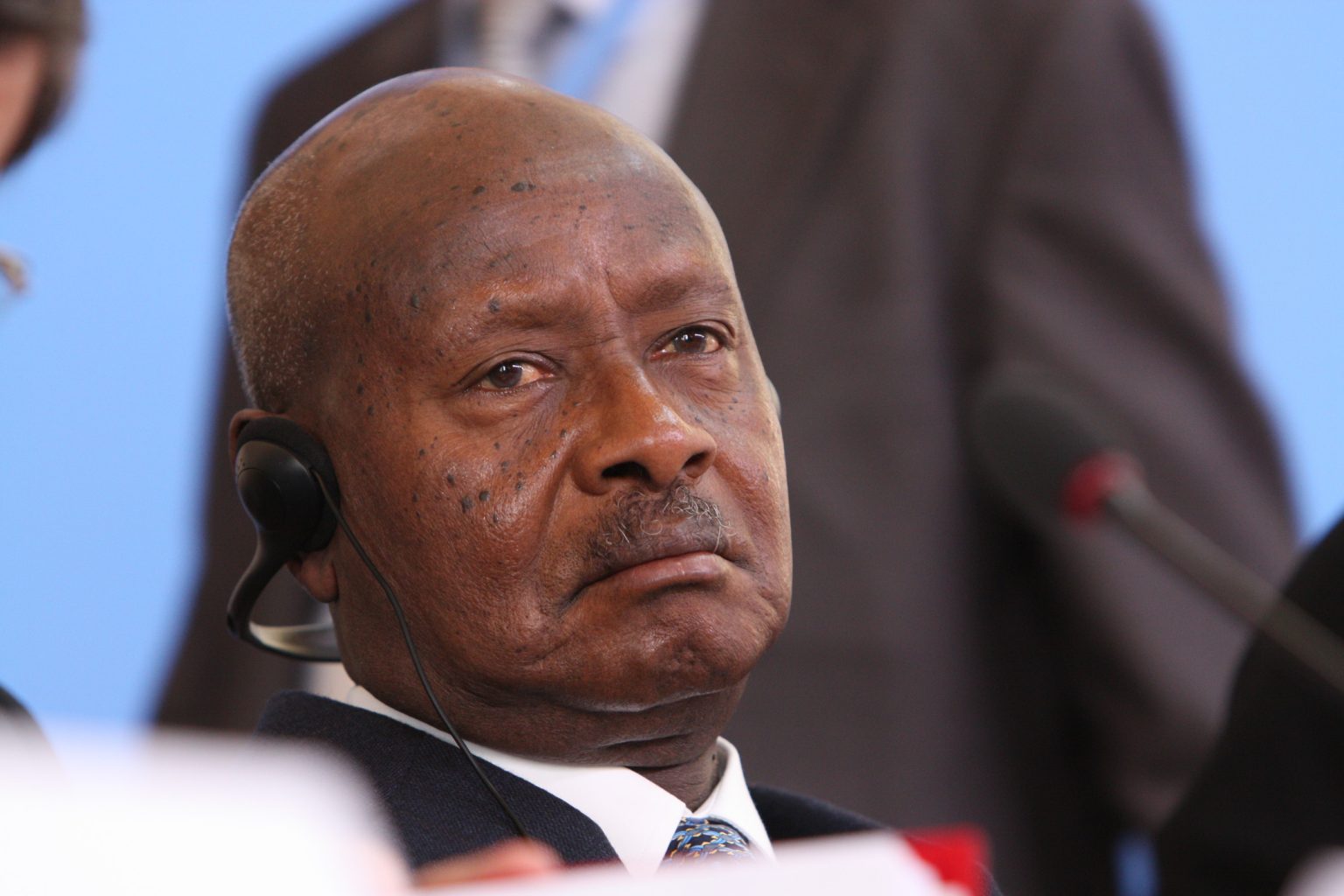President Museveni has directed Uganda Communications Commission (UCC) and Security Agencies to investigate the source of fake news about government officials that have previously been widely circulated on social media platforms.
Addressing media executives recently at State House Entebbe, Museveni warned that publishers and those found of circulating fake/false news would be held to account.
Specifically pointing out Tom Voltaire Okwalinga /TVO Facebook page, Museveni cautioned, “We will catch him. Now that we are about get the equipment, we will find him.”
According to TrumpetNews, the President has ordered authorities to hold to account platforms used to carry fake messages such as individual Facebook accounts and news websites.
This also followed complaints by Privatization Minister Evelyne Anite to Museveni that a media house claimed that she had been shot dead in Kampala.
In recent weeks, there has been a rise in fake news on the internet. Some have been inadvertently been posted by legitimate news websites.
For example, a fake document purporting to carry a presidential directive on the disbandment of the Uganda Investment Authority (UIA) board went viral online.
The President’s spokesperson Don Wanyama later described the letter as “fake,” adding those behind it faced “sanctions.”
The fake letter claimed Museveni had constituted an “interim board of directors of Uganda Investment Authority headed by Patrick Bitature” – which was untrue.
Another fake letter purportedly authored by the President’s PPS Molly Kamukama discrediting an earlier press statement by the presidency on withdrawing a wrong list of RDCs also created confusion.
There also have been fake Cabinet lists and police statements doing rounds on social media.
Additionally, a fake ‘dossier’ claiming that UCC Executive Director Eng Godfrey Mutabazi participated in the procurement of a machine that monitors telephone traffic has since been circulated on social media.
Contacted, Mutabazi said he had received communication from several people claiming possession of the ‘dossier’ trying to extort money from him.
The dossier links Mutabazi to embattled former IGP Gen Kale Kayihura and the Rwandan government in the procurement of the monitoring equipment.
According to the Auditor General’s reports, the procurement process was managed by former ICT Director Amos Ngabirano.
“I think it’s a big problem in our society. We are also affected by fake news and acts of extortion. Fake news is not only designed to mislead the public but also extort money from vulnerable people,” said Mutabazi.

A fake statement recently indicated that Mutabazi has suspended NBS’ license.
Mutabazi said the body would soon take a firm action against propagators of fake news.
Way forward
NBS boss Kin Kariisa whose platforms have fallen prey to fake news, said despite efforts to arrest the creation of fake accounts, tech individuals and companies are creating apps and software that create fake accounts identical to the authentic account and include the verification badge (if account is verified).
“These apps can be freely accessed on all smartphones app stores, something phone manufactures and innovation teams of operating systems have ignored to address. Such apps include Fake Tweets and FB post maker. These apps have an interface similar to Twitter and Facebook and allow one to create existing identities on social media or a fake username,” said Kariisa.
He further cautioned that false news stories often contain manipulated images or videos.
“Sometimes the photo may be authentic, but taken out of context. Check the dates. Fake news stories may contain timelines that make no sense, or event dates, which are wrong or have been altered. Check the evidence. Check the author’s sources to confirm they are accurate. Lack of evidence, or a reliance on unnamed experts may indicate false news,” he advised.
This article was first published on trumpetnews.co.ug











